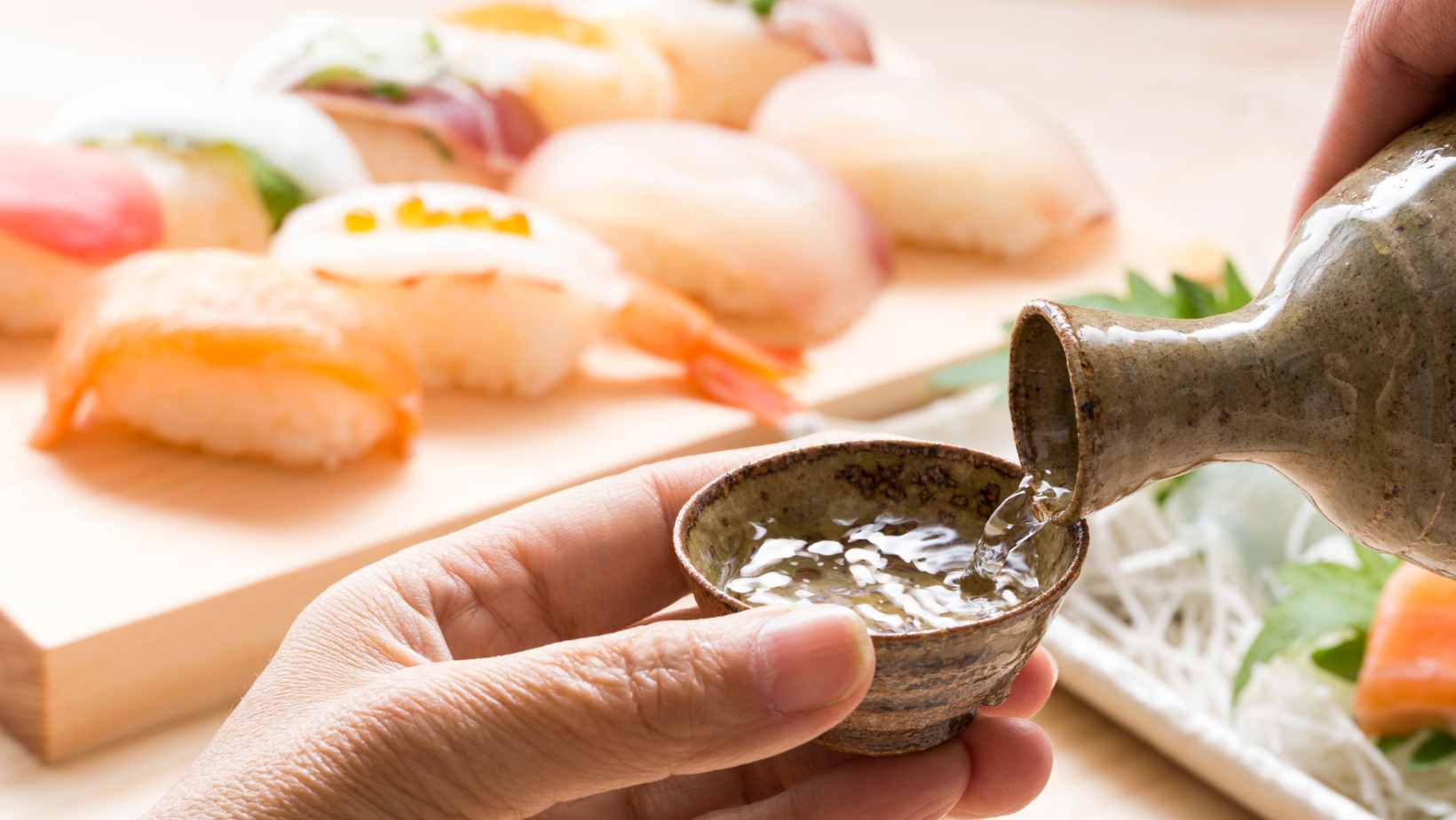
Are you following a keto diet and wondering if sake is a good choice for you? Well, let’s dive into the topic and explore whether sake can fit into your low-carb lifestyle. Sake, a traditional Japanese rice wine, has been enjoyed for centuries. But when it comes to its compatibility with the keto diet, there are a few factors to consider.
Firstly, sake is made from fermented rice and water, which means it contains carbohydrates. While the exact amount of carbs can vary depending on the brand and style of sake, it generally contains around 3-4 grams of carbs per ounce. This carb content may not seem too high at first glance, but keep in mind that every gram counts when you’re aiming for ketosis.
Is Sake Good For Keto Diet
Benefits of the Keto Diet
The keto diet has gained popularity due to its potential benefits for weight loss and overall health. This low-carb, high-fat diet aims to put your body into a state of ketosis, where it relies on fat for energy rather than carbohydrates. Some potential benefits of the keto diet include:
- Weight Loss: By limiting carbohydrate intake, the keto diet can help you shed excess pounds.
- Increased Energy: When in ketosis, your body taps into fat stores for fuel, providing a steady source of energy throughout the day.
- Improved Mental Clarity: Many people report enhanced mental focus and clarity when following a ketogenic eating plan.
- Reduced Inflammation: Some studies suggest that the keto diet may help reduce inflammation in the body.
How Does the Keto Diet Work?
To understand whether sake is suitable for a keto diet, it’s essential to grasp how this eating plan works. The main principle behind the keto diet is restricting carbohydrate intake while increasing fat consumption. By doing so, you force your body to enter a metabolic state called ketosis.
In ketosis, your liver produces molecules called ketones by breaking down fats. These ketones become an alternative energy source for your brain and muscles instead of glucose derived from carbohydrates. To achieve and maintain ketosis, it’s crucial to limit your daily carb intake typically to around 20-50 grams per day.
Foods to Eat on a Keto Diet
On a standard ketogenic diet, most of your calories should come from healthy fats such as avocados, nuts and seeds, olive oil, coconut oil, butter or ghee. You should also consume moderate amounts of protein from sources like meat (beef, poultry), fish (salmon), eggs and dairy products (full-fat cheese).
As for alcohol consumption while following a keto lifestyle, it’s important to note that alcoholic beverages generally contain carbohydrates. However, sake stands out as a potential option due to its lower carbohydrate content compared to other alcoholic drinks.
Is Sake Low in Carbohydrates?
When it comes to following a keto diet, one of the key considerations is keeping your carbohydrate intake low. So, if you enjoy a glass of sake every now and then, you might be wondering whether it fits into your low-carb lifestyle. Let’s dive in and explore the carbohydrate content of sake.
Sake is a traditional Japanese rice wine that has been enjoyed for centuries. It is made by fermenting rice with water and yeast. Unlike beer or other grain-based alcohols, sake does not contain gluten since it is brewed from rice.
In terms of carbohydrates, sake contains varying amounts based on its type and brewing process. Generally speaking, sake tends to have a moderate amount of carbs compared to other alcoholic beverages like beer or cocktails mixed with sugary mixers.
Here’s an overview of the approximate carbohydrate content per serving for different types of sake:
- Junmai Sake: This type of sake is made purely from rice, water, yeast, and koji (a mold used for fermentation). It typically has around 3-4 grams of carbohydrates per 5-ounce serving.
- Honjozo Sake: Honjozo sake undergoes a small amount of added brewers alcohol during the brewing process. It usually contains around 4-5 grams of carbs per 5-ounce serving.
- Ginjo Sake: Ginjo sake is made using special techniques that result in a more refined flavor profile. It generally contains slightly higher carb levels than Junmai or Honjozo varieties, ranging from 6-8 grams per 5 ounces.
- Nigori Sake: Nigori sake is unfiltered and often referred to as “cloudy” due to the presence of rice sediment. This style can have higher carb content compared to other types, with roughly 8-10 grams per standard serving size.
It’s worth noting that the carbohydrate content can vary between different brands and specific bottles of sake. If you’re closely monitoring your carb intake, it’s always a good idea to check the label or do some research on the specific brand you’re interested in.

